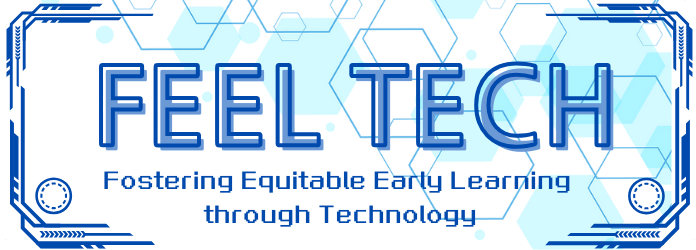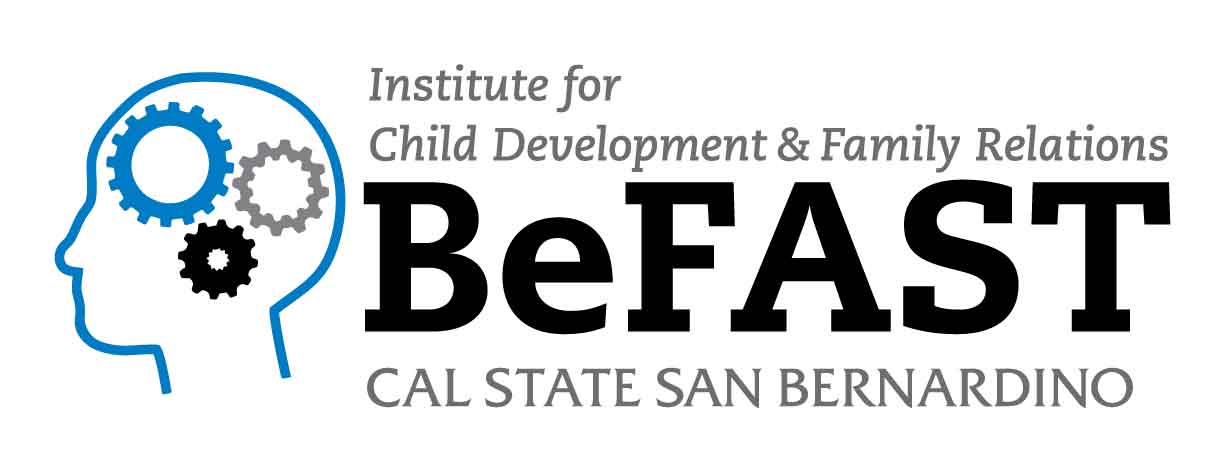
BEFAST Lab
Description:
BEFAST (Building Executive Function for Academic Success Training) is a community-University partnership that provides cognitive training experiences for students during the school day. Many different cognitive abilities (e.g., working memory) are necessary to achieve academic success (e.g., consistent grades and being engaged with school). However, for many students there may be under development in one or more of these cognitive abilities; BEFAST utilizes computer-based cognitive training activities to build cognitive skills that support school performance. We work with students (elementary to high school age) in small group settings at school sites in San Bernardino and Orange Counties. BEFAST is an excellent way for you to gain research and clinically-related experiences beyond your coursework.
Contact information:
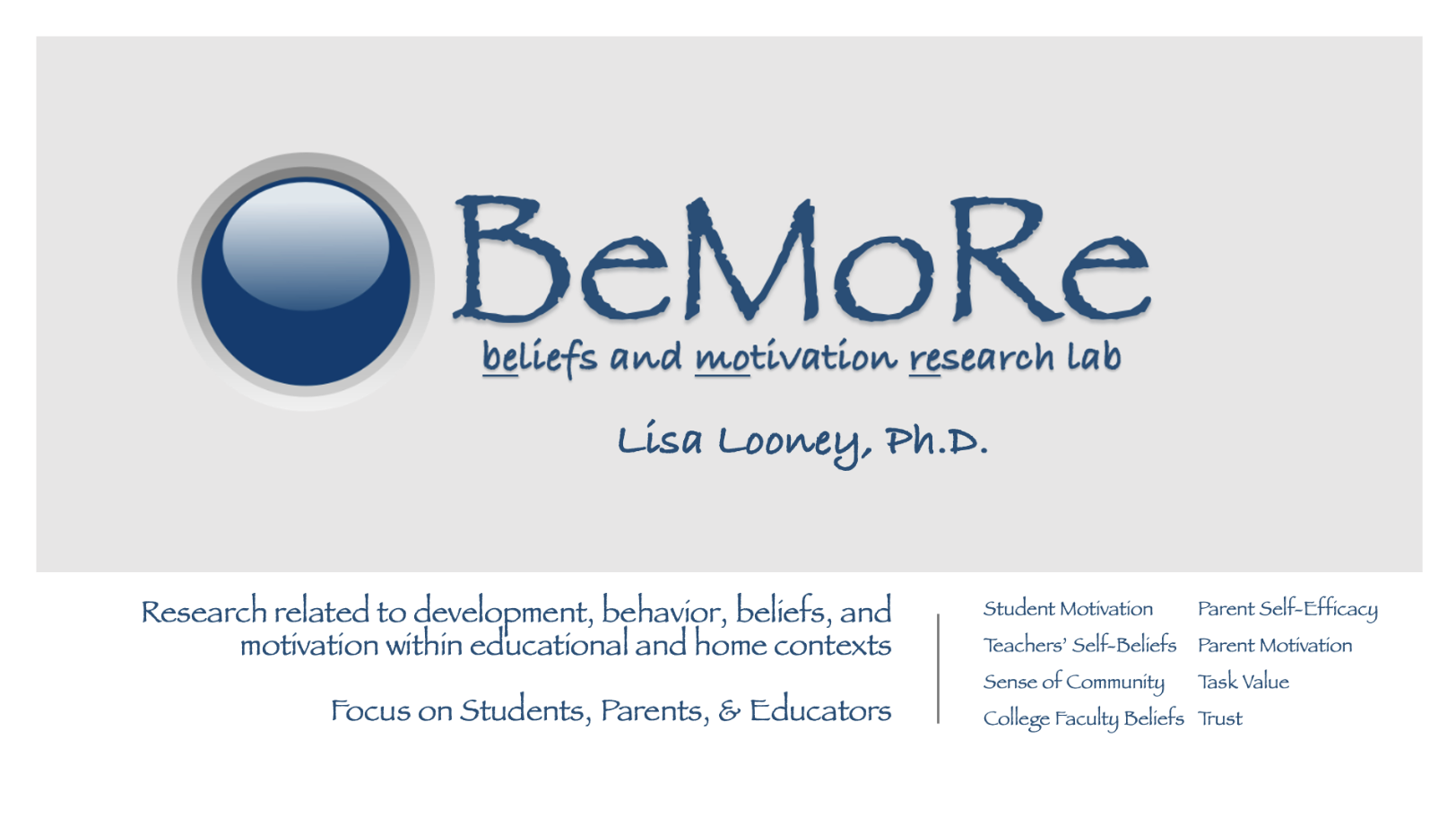
Beliefs & Motivation Research Lab
Description:
This lab engages in research related to development, behavior, beliefs, and motivation within educational and home contexts, with a focus on students, parents, and educators. Student research responsibilities will be dependent on interest, prior research experience, and time availability, but examples of research related tasks would be data entry, data collection, literature searches, and/or preliminary writing. There can also be opportunities for conference presentations and authorship on publications. Interested students will work with Dr. Looney to determine what types of experience they want to gain, and experiences will be tailored to interest and future goals.
How to Join:
Please complete the Interest Form by clicking on the Join Lab button below (no experience required). Upon completion of the form, Dr. Lisa Looney will contact you with additional information.
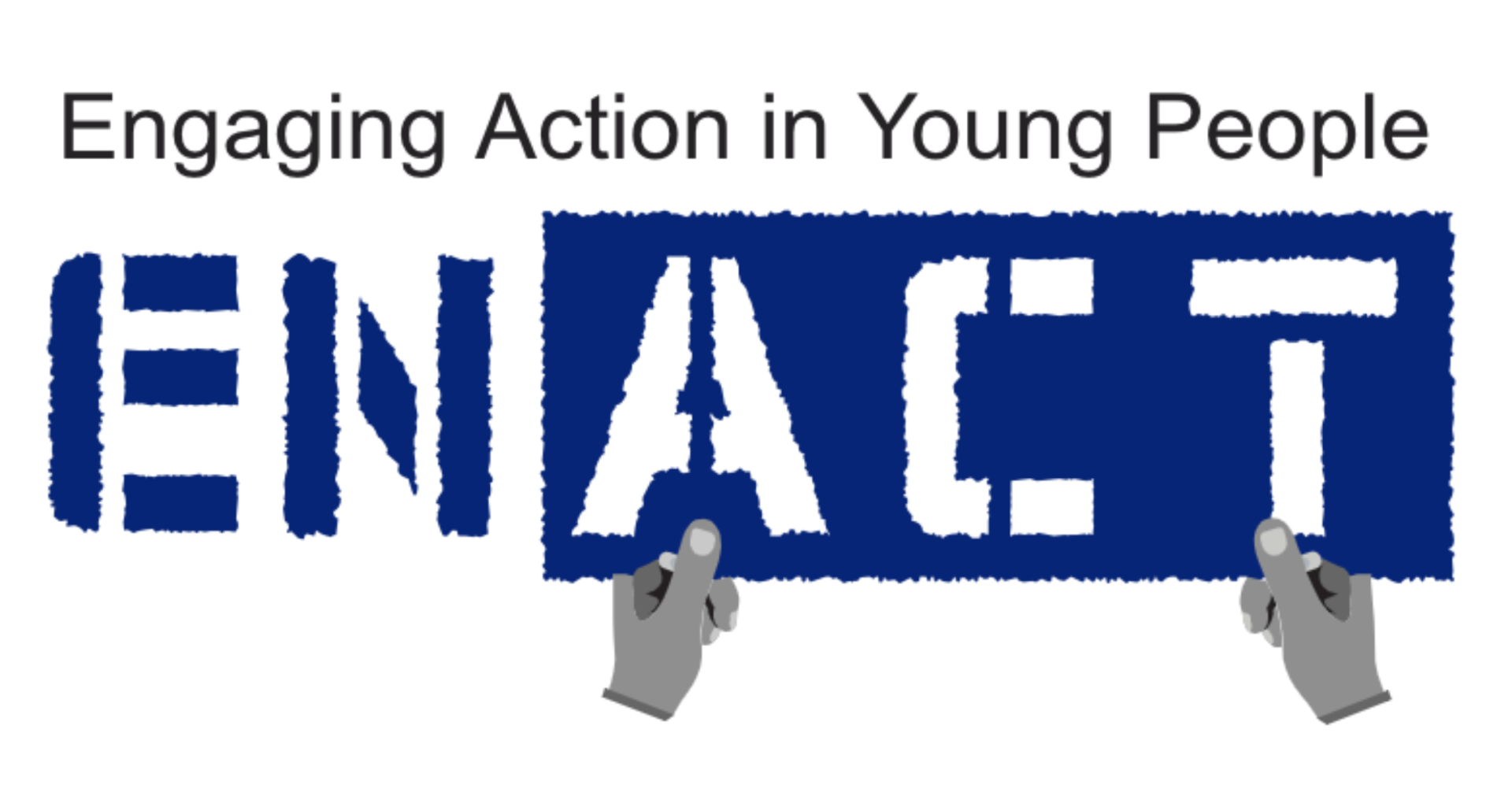
EnAct Lab
Topic/Areas of Interest:
Youth engagement, intergroup relations, race/ethnicity, gender, sex, and intersectionality of identities
Description:
The EnAct lab focuses on promoting and supporting civic engagement in various forms (e.g., digitally, volunteering, activism, political) in different contexts (e.g. institutions, political, communities) with the goal of improving intergroup relations with attention to diversity, social identities, intersectionality, and equity. Some of the values include mentorship, community action, critical consciousness, accessibility, and collaboration.
Contact information:
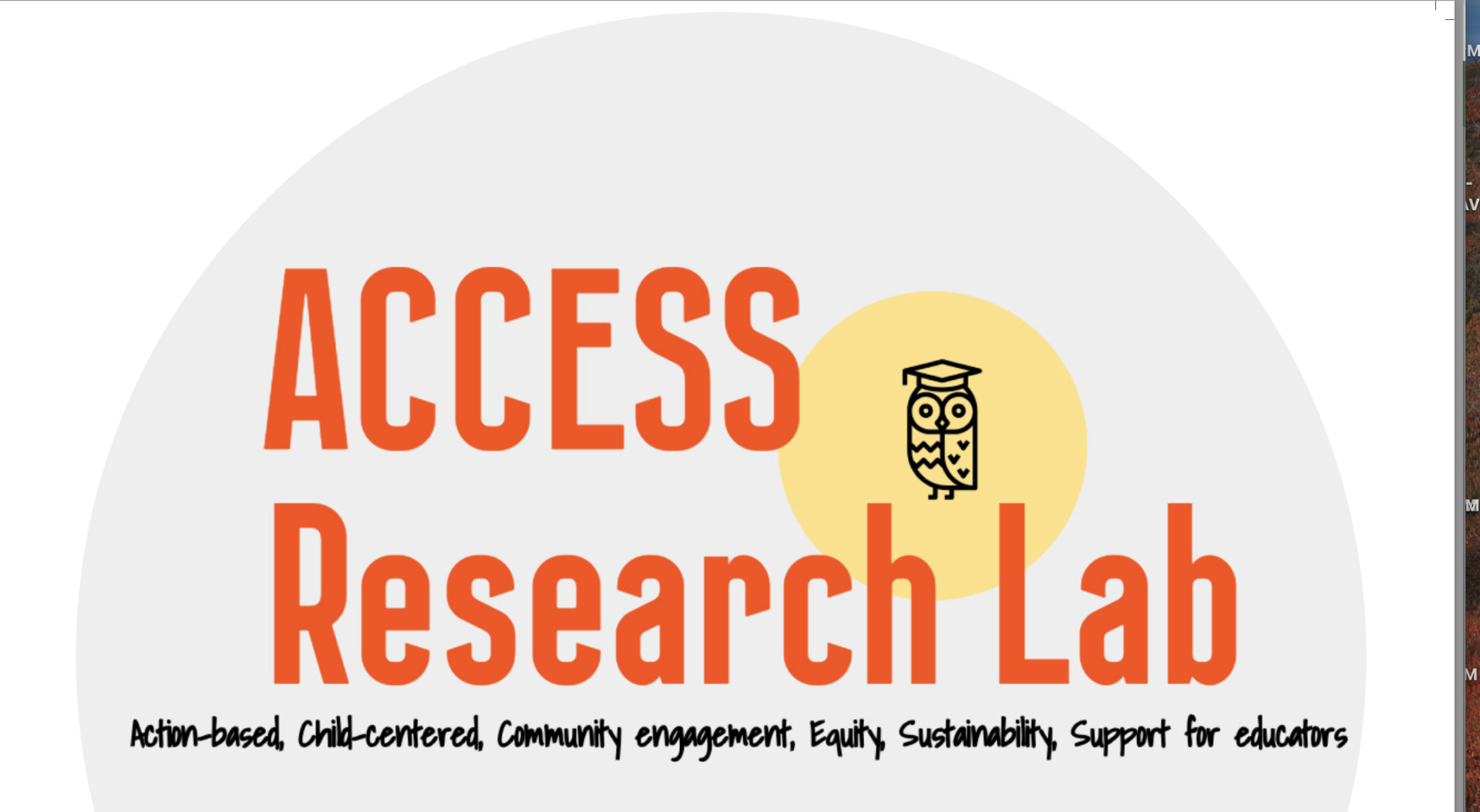
ACCESS Research Lab
Description:
The ACCESS Research Lab stands for Action Based, Child Centered, Community Engagement, Equity, Sustainability, and Support for Educators. Research conducted in my lab focuses on early childhood education specifically ways to improve learning environments for young children including teacher work environments and education and equity issues. Students involved in the ACCESS Research Lab have the opportunity to participate in various activities including active research (e.g. recruitment, data entry, cleaning, and analyses) and gain experiences in writing manuscripts, conference proposals/presentations, grants, and research briefs. Research conducted in my research lab is predominately community-based and action-based research with the aim of making a difference within the community and beyond. Additionally, I employ both quantitative and qualitative methods within in my research.
This research lab is an opportunity to get hands-on experience as well as having regular meetings to explain the process and why things are designed and implemented a particular way within the research.
Contact information:
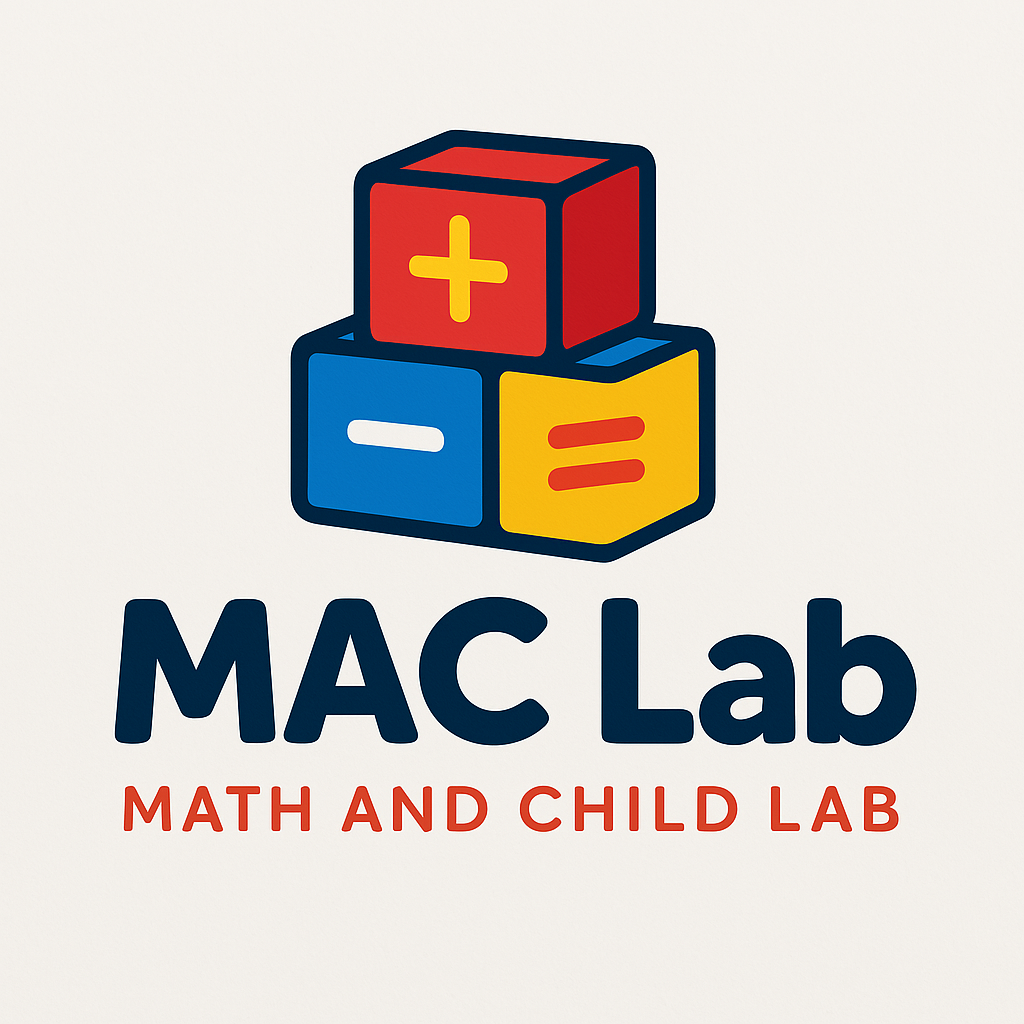
MAC Lab
Description:
The Math and Child (MAC) Lab engages in research related to early STEM (science, technology, engineering, and math) literacy, involving children, parents, and teachers. Research conducted in MAC Lab centers on understanding best practices for supporting caregivers (both teachers and parents) in enhancing children’s STEM skills.
The current research projects include:
1) analyzing parent-child interaction during a shared-reading activity to understand how parents support young children’s learning at home.
2) investigating the foundations for young children to develop number cognition via Analog Magnitude System (AMS), which allows children to perceptually discriminate groups of objects on the basis of their approximate number, and/or the Object Tracking System (OTS), which allows children to track individual objects as they move through space and are hidden from view.
Students involved in MAC Lab will have opportunities to be trained in early math content and to practice research skills (e.g., reviewing literature, collecting data, coding videos, analyzing both quantitative and qualitative data, reporting results). Students interested in this line of research will also be encouraged and supported to develop their own research plans.
Dr. Keting Chen, the Principal Investigator of the MAC lab, will take 1-2 students who are either taking course credits (e.g., independent study) or volunteering. Prior research experience is not required, but students with enthusiasm and a time commitment of at least 10 hours per week are preferred.
How to Join:
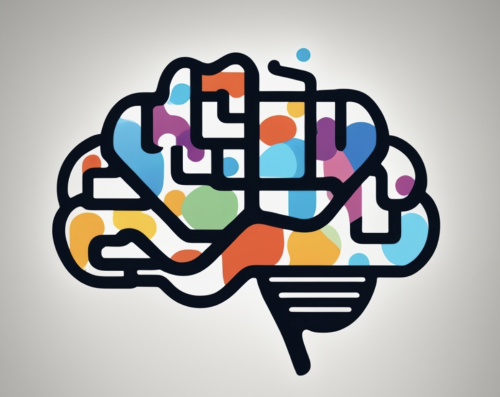
The MIND Lab (Measuring INdividual Differences in Cognition Lab)
Description:
The MIND lab led by Dr. Kevin Rosales is a research laboratory that explores basic and applied questions about children and adults' cognitive development. The research performed in this lab focuses on numerous cognitive processes like working memory, executive functions, and attention, among others. One of the research goals is to understand the nature of these cognitive abilities and effective ways of measuring them. Additionally, this lab tests interventions that can enhance cognitive abilities and academic performance in child and adult populations. To effectively carry out its research goals, the lab implements a myriad of advanced statistical techniques in innovative ways.
Students that are interested in forming part of The MIND lab research team should expect to gain numerous research and scholarly skills that include but are not limited to: data collection procedures, computer programming, designing of lab-based cognitive tasks, gain deeper scholarly insight of the field of cognitive development and psychometrics, and increased proficiency with utilizing statistical analysis software for data curation and analysis. In addition, students will have valuable opportunities to form part of academic conference presentations and be involved in manuscript writing and publication.
No prior research experience is required to join the research lab team.
How to Participate:
